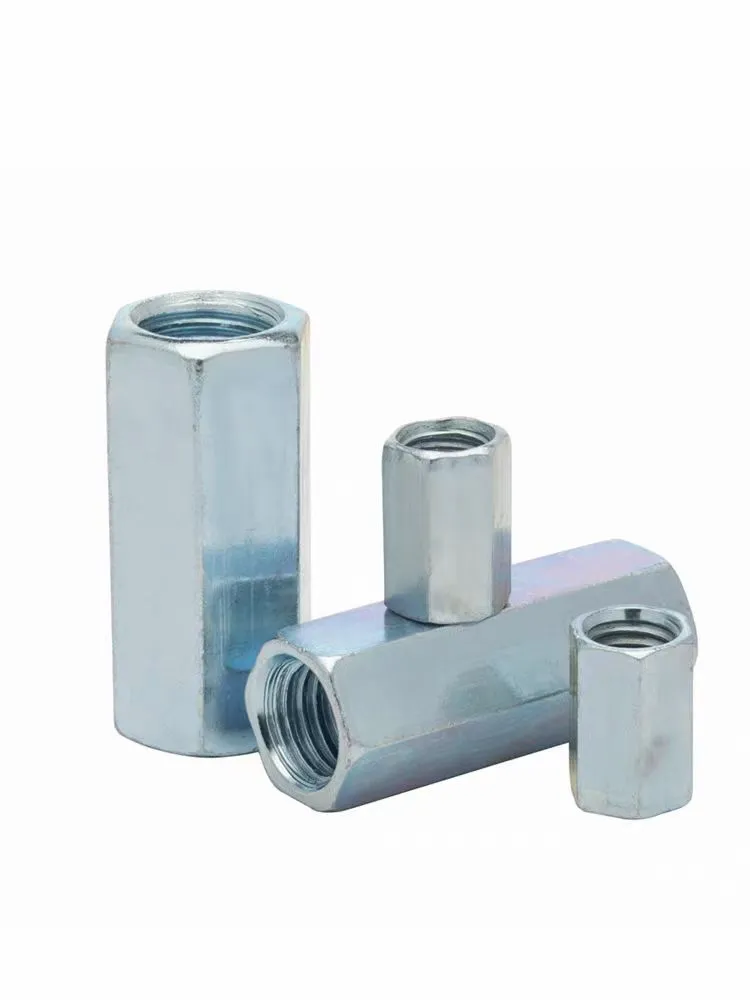

Innovative Panel Fasteners for Efficient and Secure Assembly Solutions in Various Applications
Nov . 04, 2024 15:08 Back to list
Innovative Panel Fasteners for Efficient and Secure Assembly Solutions in Various Applications
Understanding Panel Fasteners An Essential Component in Modern Construction
In modern construction and assembly, the importance of reliable fastening solutions cannot be overstated. One such solution that plays a crucial role in both structural integrity and aesthetic appearance is panel fasteners. These specialized hardware components are designed to secure various types of panels, such as those made from metal, plastic, and composites, to frames or other substrates. Understanding the different types, applications, and benefits of panel fasteners is essential for contractors, engineers, and DIY enthusiasts alike.
Types of Panel Fasteners
Panel fasteners come in a wide range of designs, each serving specific applications. Some of the most common types include
1. Screw Fasteners These are one of the most traditional forms of panel fasteners. They provide strong mechanical connections and are available in various lengths and materials, such as stainless steel, which resist corrosion effectively.
2. Rivet Fasteners Rivets are permanent fasteners that are particularly useful in applications where a strong, vibration-resistant connection is required. They are commonly used in metal panels due to their durability and ability to withstand high stress.
3. Snap Fasteners Ideal for quick assembly and disassembly, snap fasteners facilitate easy access to panels. They are commonly found in applications where panels need to be removed and replaced frequently, such as in signs and displays.
4. Toggle Clamps Used for securing panels in place temporarily or permanently. Toggle clamps enable quick access and adjustment, making them suitable for various industrial applications.
5. Blind Fasteners These are particularly advantageous for applications where access is only available from one side of the panel. Blind fasteners expand behind the panel, creating a secure fit without needing to access the opposite side.
Applications of Panel Fasteners
Panel fasteners are integral in several industries, including
- Construction In both residential and commercial construction, panel fasteners secure external and internal wall panels, roof panels, and more, ensuring the structural integrity and safety of buildings.
panel fasteners

- Automotive Fasteners are critical in assembling body panels and interior components. They allow for a streamlined manufacturing process while ensuring that parts are securely held in place.
- Signage The signage industry relies heavily on panel fasteners to create stable structures that can withstand varying weather conditions. The ease of installation and removal plays a key role in maintenance and updates.
- Furniture In the manufacturing of furniture, panel fasteners are used to join sections of wood or composite materials, providing both strength and aesthetic appeal.
Advantages of Panel Fasteners
The advantages of using panel fasteners extend beyond mere utility. Some key benefits include
- Strength and Durability Quality panel fasteners are engineered to bear heavy loads, resist environmental conditions, and maintain their integrity over time.
- Installation Efficiency Many modern fasteners are designed for quick installation and can often be used without the need for complex tools, significantly reducing labor time.
- Aesthetic Appeal By minimizing visible fasteners, manufacturers can maintain a clean and professional appearance on finished products.
- Versatility With varied designs and materials available, panel fasteners can be tailored to meet specific requirements for virtually any project.
Conclusion
In summary, panel fasteners are an essential component in the increasingly complex world of construction and manufacturing. With their diverse types and applications, they offer functional and aesthetic benefits that contribute to the overall success of many projects. Understanding how to select and utilize panel fasteners can help ensure that structures are not only safe and durable but also visually appealing. As technology and materials evolve, the future of panel fasteners will likely lead to even more innovative solutions, further enhancing their importance in modern construction and assembly industries. Whether you are a professional contractor or a DIY enthusiast, leveraging the benefits of panel fasteners is crucial for achieving high-quality and enduring results.
Latest news
-
Premium Self Tapping Metal Screws: Strong & Easy Install
NewsAug.02,2025
-
Premium Fasteners Manufacturer | AI-Driven Solutions
NewsAug.01,2025
-
Hot Dip Galvanized Bolts - Hebei Longze | High Strength, Corrosion Resistance
NewsAug.01,2025
-
High-Strength Hot Dip Galvanized Bolts - LongZe | Corrosion Resistance, Custom Sizes
NewsAug.01,2025
-
Best Self Tapping Screws for Drywall - Fast & Secure Installation
NewsJul.31,2025
-
High-Strength Hot Dip Galvanized Bolts-Hebei Longze|Corrosion Resistance&Customization
NewsJul.31,2025

